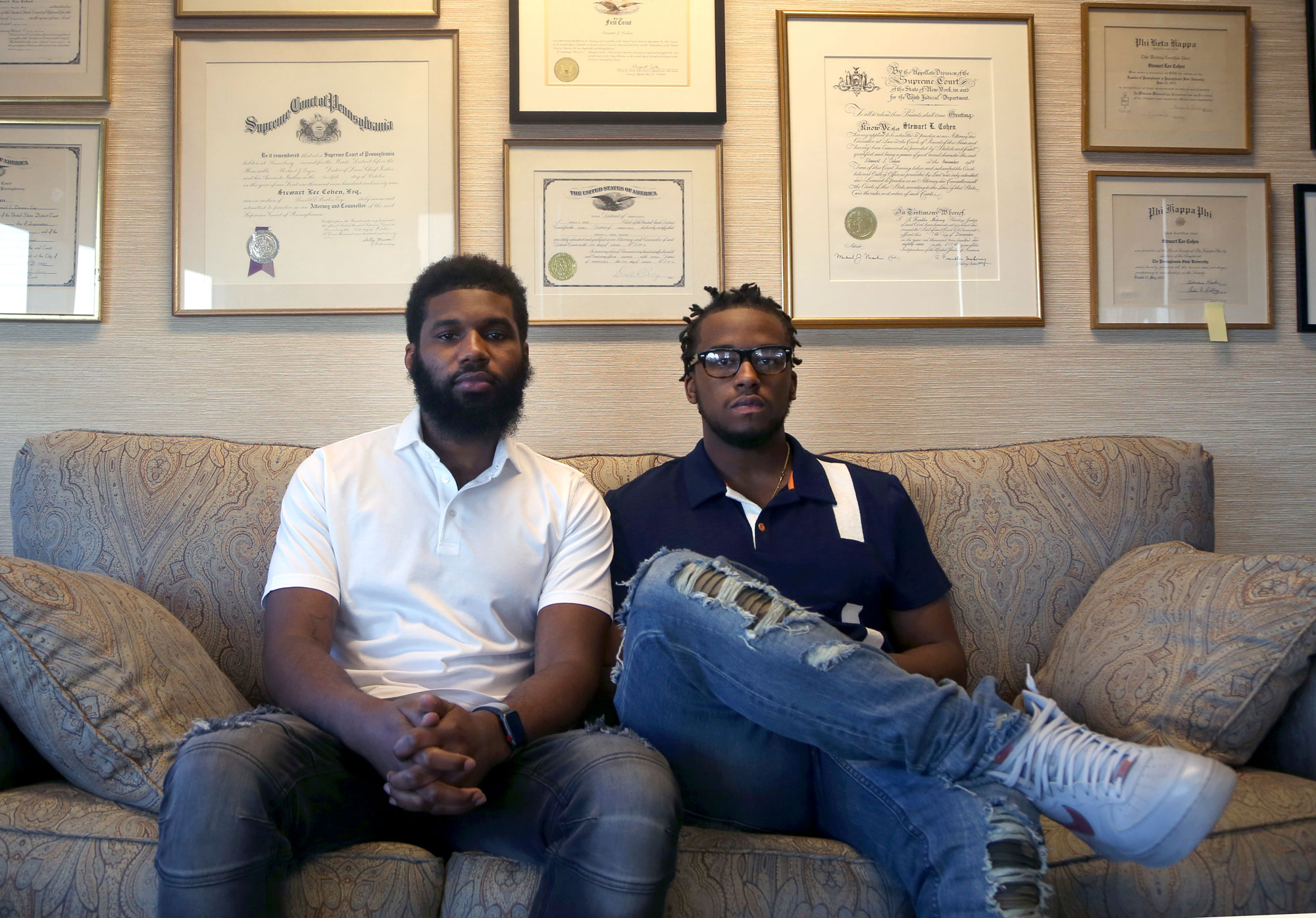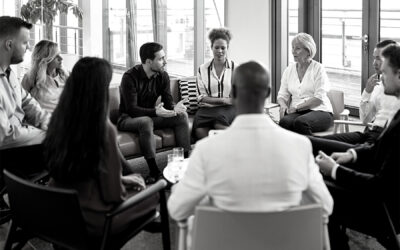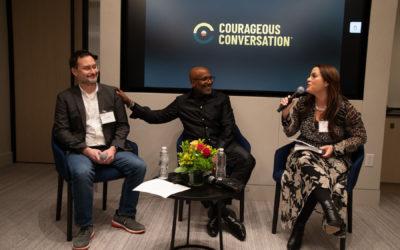By Alia E. Dastagir—May 28, 2018
On Tuesday, Starbucks will close more than 8,000 stores in the U.S. to conduct employee training “to address implicit bias” and “prevent discrimination” after two black men were arrested at a Philadelphia store in April.
Starbucks is not the first company to try to train away implicit bias, a term used to describe unconscious prejudice. From multinational corporations to police departments, organizations have tried to tackle the problem by hiring consultants to lead diversity or unconscious-bias training. But the science behind the approach is debated. A 2016 meta-analysis of 494 studies on the topic found little evidence that reducing implicit bias affects behavior.
White people are bad at admitting implicit bias and therefore good at denying the realities of racism, says Robin DiAngelo, who conducts workshops on race, including implicit bias, and recently provided Starbucks with feedback on training support and follow-up.
“I don’t believe it’s humanly possible to be free of bias,” DiAngelo said. But she does believe we can work on it.
Eight in 10 blacks say racism is a big problem in American society, and about half of whites say the same, according to the Pew Research Center. However, 55% of whites believe whites are discriminated against in America today, according to a poll from Harvard, NPR and the Robert Wood Johnson Foundation.
Addressing racism makes many white people feel anger, fear and guilt, which leads to denial, minimization and defensiveness, DiAngelo says, even though racism inevitably touches everyone.
“No one, no one can escape the messages of white superiority,” she said, adding that the reflex to shut down conversations about racism helps keep it alive.
USA TODAY spoke with DiAngelo about racism and her forthcoming book, White Fragility: Why It’s So Hard for White People to Talk About Racism.
Read more at USA Today.




